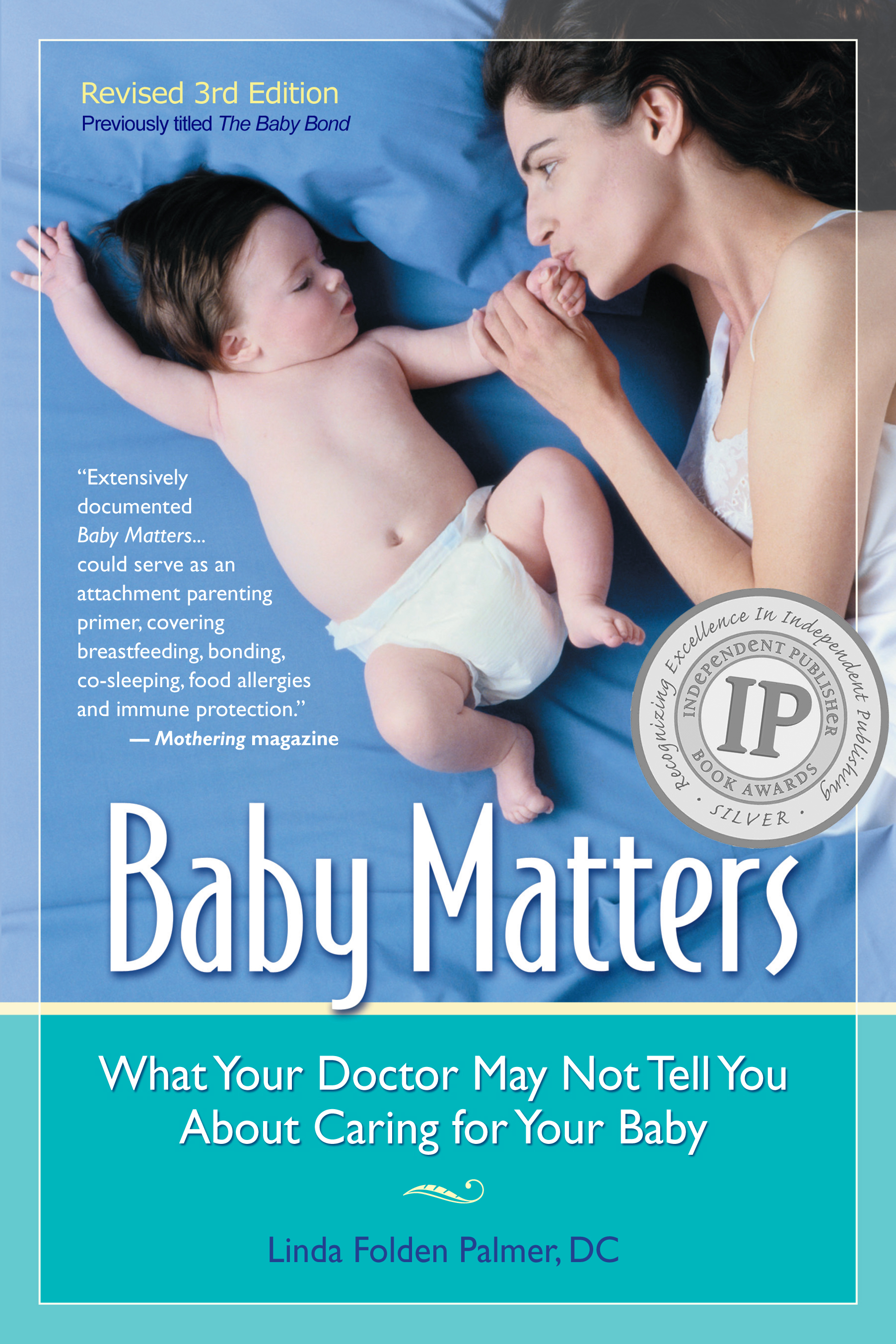
Ferric carboxymaltose appears to be acceptable to use in nursing mothers with no special precautions required. The iron levels in breast milk complement a babys iron stores until they start eating solid food at around six months of age and can access iron.

Exploratory analysis suggested an increasing cumulative probability of iron deficiency with longer total breastfeeding duration with an adjusted odds ratio of 171 95 confidence interval.
Iron deficiency breastfeeding. Given the importance of iron nutrition during the first year of life there are surprisingly few true randomized controlled studies addressing this issue. However it seems that iron deficiency is unlikely in full-term breastfed infants during the first 6 months of life because these infants body iron stores are sufficient to meet requirements. Exploratory analysis suggested an increasing cumulative probability of iron deficiency with longer total breastfeeding duration with an adjusted odds ratio of 171 95 confidence interval.
105-279 for iron deficiency in children breastfed over versus under 12 months of age. Breastfeeding is best for your baby. Sometimes moms can be iron deficient causing anemia.
Anemia can be caused by a lack of iron folate or vitamin 12 in your diet. In fact if a baby was born premature your doctor will probably recommend extra iron supplements if. Before this age the better absorption of breast milk iron and the iron stores in most full-term babies may prevent iron deficiency11 12 Calvo et al 5 reported that at age 6 months IDA was detected in 440 of the breastfed babies but only in 143 of the formula-fed babies.
At 9 months the incidence was 278 and 71 respectively. Each month of breastfeeding beyond babys first birthday increased the risk of iron deficiency by about 5. Children who were breastfed for longer than a year were estimated to have 17 times the odds of being iron deficient than those breastfed for less than a year.
Iron-deficiency anemia is the most common type of anemia a condition that happens when your body does not make enough healthy red blood cells or the blood cells do not work correctly. Iron-deficiency anemia happens when you dont have enough iron in your body. Your body needs iron to make hemoglobin the part of the red blood cell that carries oxygen through your blood to all parts.
Breast milk naturally contains iron. And because babies also receive iron while in the womb its rare for breastfed babies to be iron-deficient during the first six months of life. If you have any concerns about your babys iron status a simple blood test can be done in your pediatricians office.
Although levels of iron in breast milk arent very high a baby is also born with iron stores iron reserves in the body. The iron levels in breast milk complement a babys iron stores until they start eating solid food at around six months of age and can access iron. Iron Deficiency The Breastfed Baby Iron has many important functions to keep us healthy such as carrying oxygen around the body via the blood stream.
Hence iron deficiency is not something to take lightly. If left untreated iron deficiency anaemia can result. Breastfeeding and Iron Deficiency The cause of concern lies in the fact that even if you are deficient in iron the breast milk would generally be nutritious enough.
Surprisingly it is the mother who will face the brunt since she will already be low in iron and breastfeeding will further deplete her of the nutrient making her anemic. Iron-deficiency anemia can be caused by getting less than the recommended daily amounts of iron. The recommended daily amounts of iron will depend on your age sex and whether you are pregnant or breastfeeding.
If youre iron-deficient after having your baby you are not alone. It is estimated that up to one in four women experience iron-deficiency after giving birth. According to The Breastfeeding Mothers Guide to Making More Milk limited evidence suggests that low iron levels could also affect lactation.
Iron deficiency anemia is when your body doesnt have enough red blood cells. Girls and women who have heavy periods or are pregnant or breastfeeding need more iron. Intravenous iron carboxymaltose increases breastmilk iron in mothers with iron deficiency anemia.
Breastfed neonates of these mothers appear to have no serious adverse reactions. Ferric carboxymaltose appears to be acceptable to use in nursing mothers with no special precautions required.